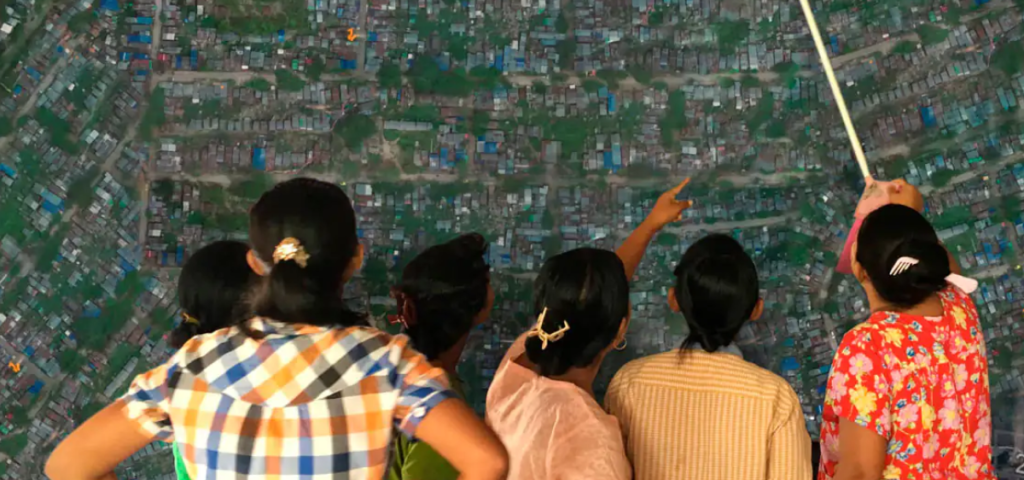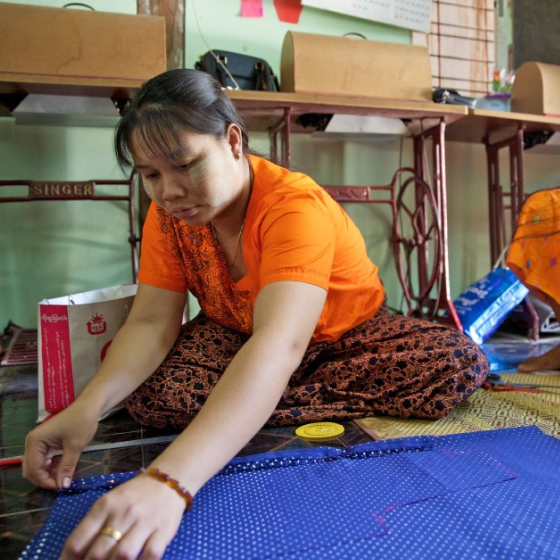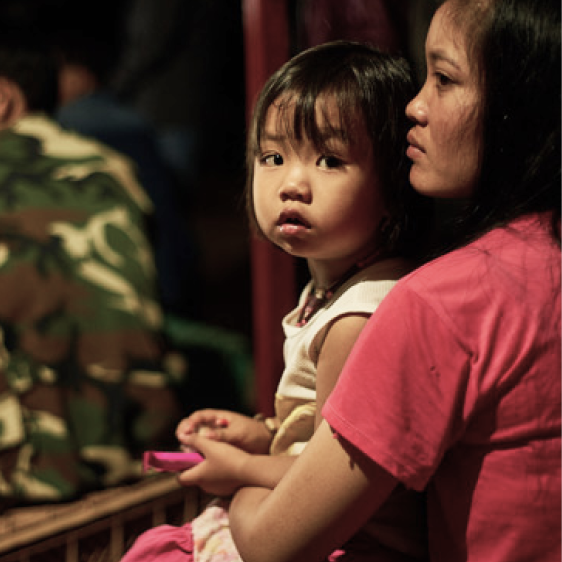Hope comes from actions
Cultivating the orange orchards of northern Thailand are thousands of people from the ethnic Shan community who fled decades of military violence and economic deprivation in neighboring Myanmar—recently and in generations past.
Among these forced migrants are many who have been directly denied or unable to procure identity documents, making it difficult to access social welfare services in their new home.
Our Partner, a local Thai group, acts as a bridge, running learning centers teaching primary and secondary education to children and adults. They are part of a community-based network that helps secure legal documents such as birth certificates, school IDs, and diplomas for migrant workers. They are committed to ensuring that this community is able to practice their rights and build better lives.
But establishing the first school wasn’t easy.
Our Partner first built relationships with the owners of orange orchards in the region to gain access to the scores of workers employed there. After months of meetings, four of these sites offered the use of their land and buildings to help make the first outreach program a reality.
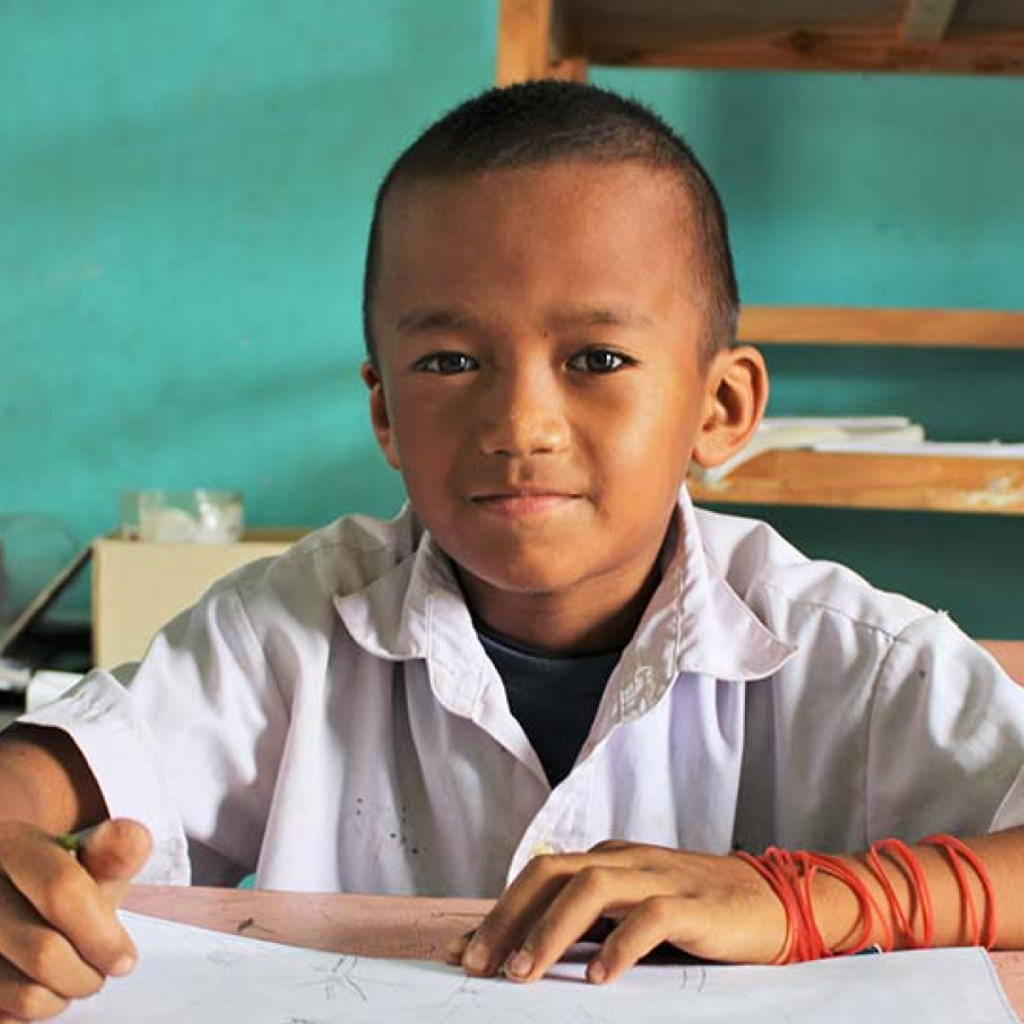
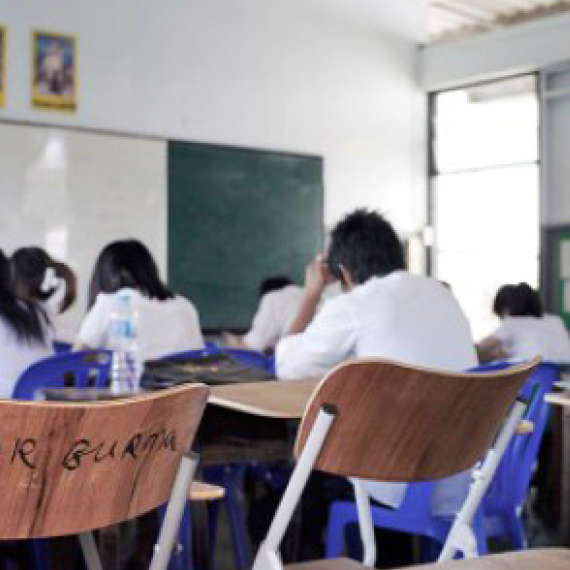
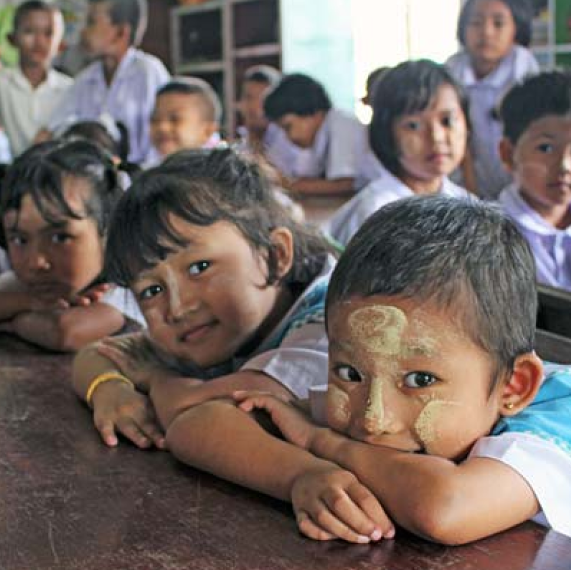
Trust was built between parents of out-of-school children and representatives from our Partner. Messages about the importance of education resonated, and gained support.
Our Partner now operates four learning centers in this area, teaching over 120 children and adults. In recent years, the Thai government allowed our Partner’s learning centers to officially register as “non-formal education centers” within the state education system—an important breakthrough in recognition for their work.
Partners Asia’s support for this organization is made possible by funding from The John P. Hussman Foundation. We are proud of the path they forged in solidarity with these workers and their families, and the opportunities that grew from their patience and collaboration.
